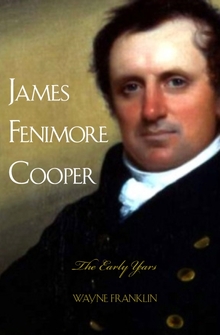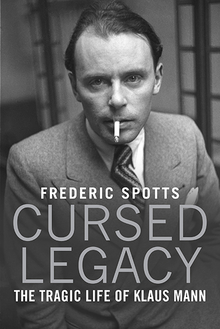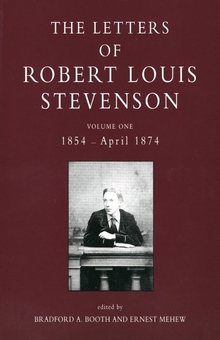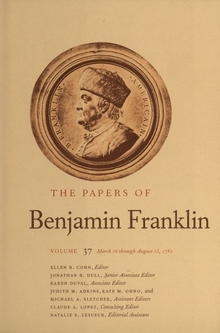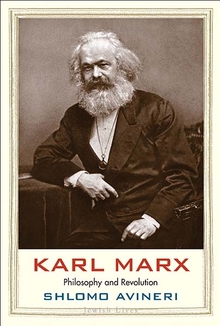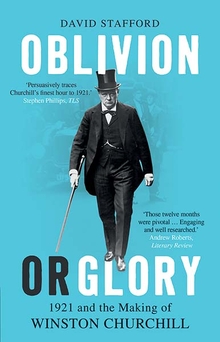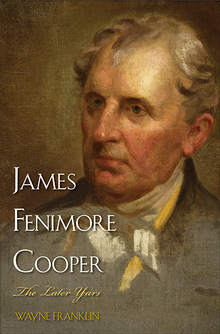James Fenimore Cooper
WARNING
You are viewing an older version of the Yalebooks website. Please visit out new website with more updated information and a better user experience: https://www.yalebooks.com
The Early Years
Wayne Franklin
"For Franklin, Cooper wasn't just a major American writer; he was one of the supreme inventors of the American imagination."—Christopher Benfey, New Republic
James Fenimore Cooper (1789–1851) invented the key forms of American fiction—the Western, the sea tale, the Revolutionary War romance. Furthermore, Cooper turned novel writing from a polite diversion into a paying career. He influenced Herman Melville, Richard Henry Dana, Jr., Francis Parkman, and even Mark Twain—who felt the need to flagellate Cooper for his “literary offenses.” His novels mark the starting point for any history of our environmental conscience. Far from complicit in the cleansings of Native Americans that characterized the era, Cooper’s fictions traced native losses to their economic sources. Perhaps no other American writer stands in greater need of a major reevaluation than Cooper. This is the first treatment of Cooper’s life to be based on full access to his family papers. Cooper’s life, as Franklin relates it, is the story of how, in literature and countless other endeavors, Americans in his period sought to solidify their political and cultural economic independence from Britain and, as the Revolutionary generation died, stipulate what the maturing republic was to become. The first of two volumes, James Fenimore Cooper: The Early Years covers Cooper’s life from his boyhood up to 1826, when, at the age of thirty-six, he left with his wife and five children for Europe.
"Wayne Franklin single-handedly restores Cooper to his rightful place in American literature. . . . A towering achievement."—H. Daniel Peck, author of Thoreau's Morning Work
“No one has ever written a biography of Cooper that answers as many questions, raises as many important historical issues, or provides as much detail of the life of Cooper and his family or of much of New York history in the late eighteenth century or the first half of the nineteenth century. The publication of Franklin’s biography is a major event.”—Jeffrey Walker, Oklahoma State University
Publication Date: June 19, 2007
20 b/w ills in gallery

